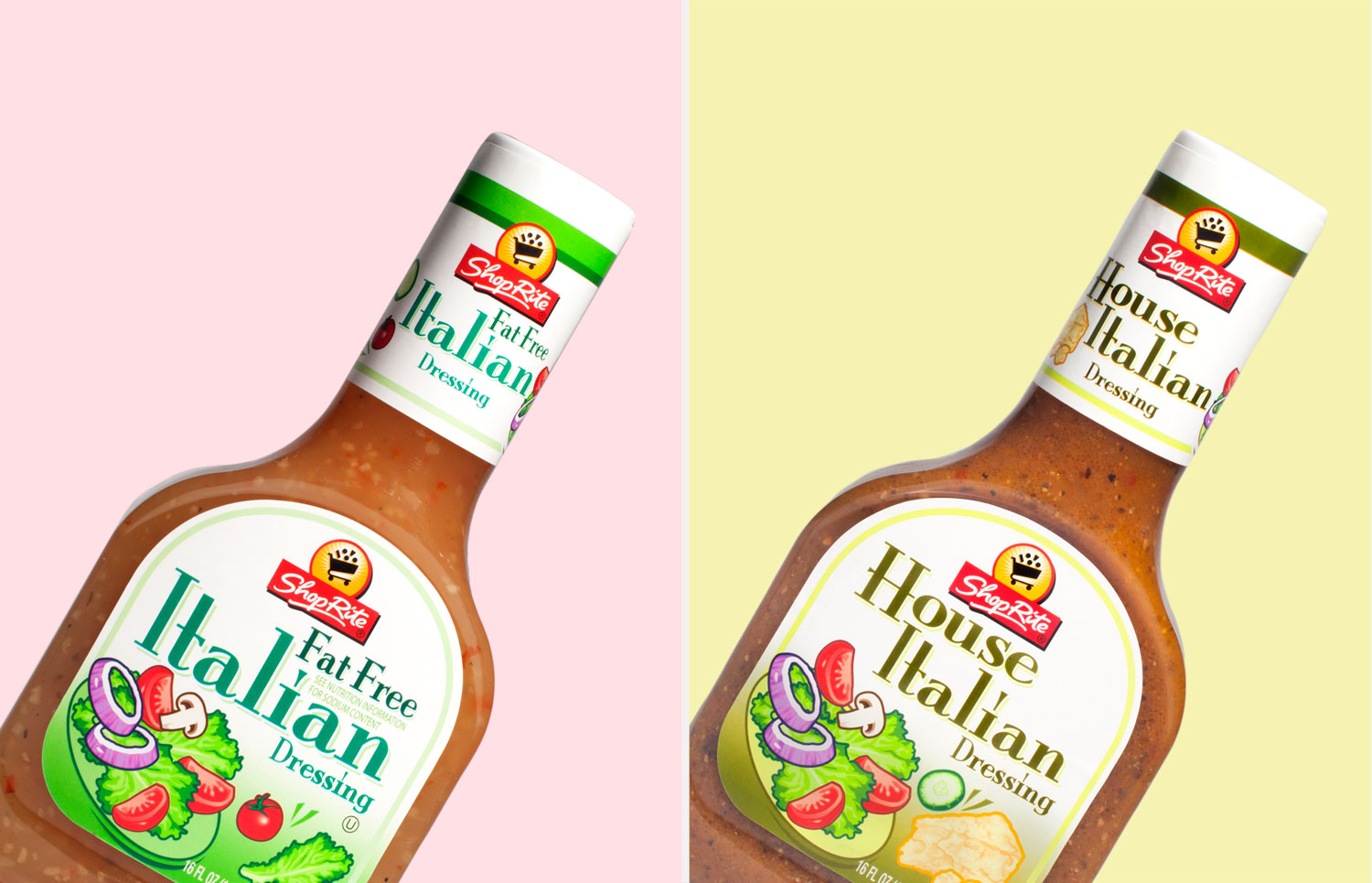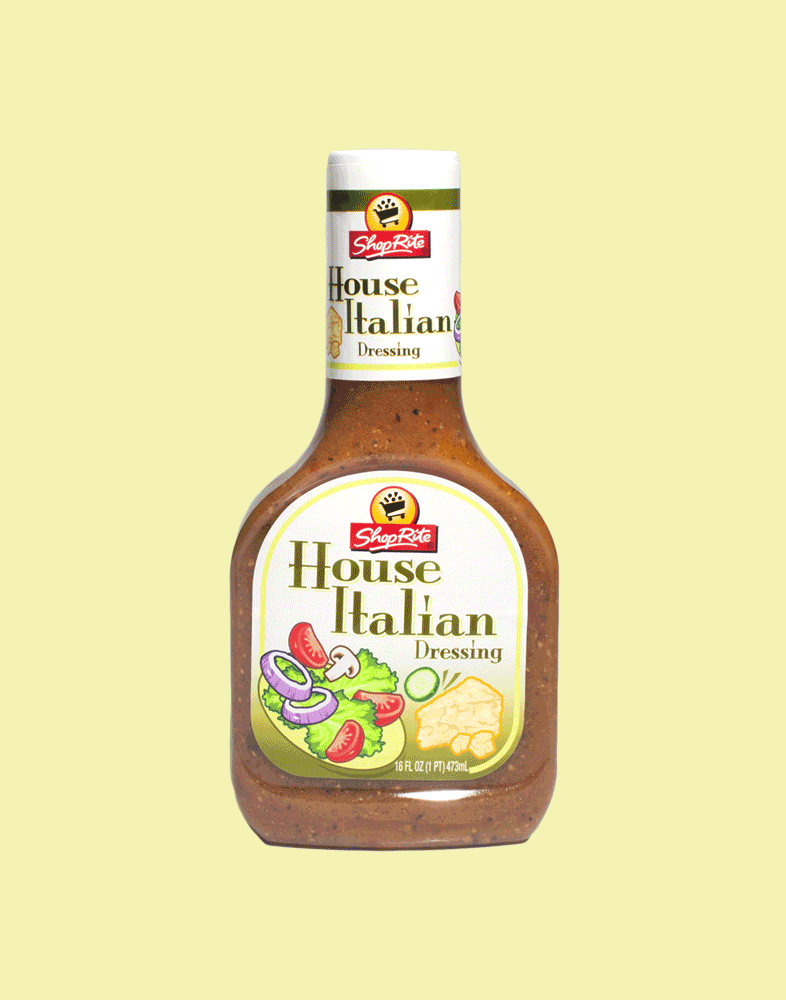Welcome to Should I Eat This?—our weekly poll of five experts who answer nutrition questions that gnaw at you.

Almonds are packed with protein and healthy fats. But is almond milk — a popular cow’s milk substitute — healthy? This one’s no cold case. Almond milk is a worthy addition to your fridge, according to 4/5 nutrition experts.
But what is it, anyway? Almond milk is essentially made by pulverizing almonds in a blender with water, then strained. That might not sound like much, but the milk substitute sure is popular. Sales of almond milk now exceed $700 million per year and account for 4.1 percent of all milk sales; six years ago, that number didn’t even reach 1 percent, according to Fortune.
The darling of the plant milk substitutes, almond milk is an obvious choice for vegans and people with lactose allergies. It comes with an added perk, too, says Kristin Kirkpatrick, registered dietitian and manager of wellness nutrition services at Cleveland Clinic’s Wellness Institute. Almond milk is 50% lower in calories than cow’s milk, making it a good for people trying to lose weight. And because it’s not an animal product, it has no cholesterol.
But even though it can stand in for cow’s milk in smoothies, oatmeal and cereal, it’s not milk’s nutritional clone.
MORE Milk-Off! The Real Skinny on Soy, Almond and Rice
“Unlike dairy milk and soy milk, almond milk is naturally low in protein,” says Alicia Romano, registered dietitian at Frances Stern Nutrition Center at Tufts Medical Center. While a glass of cow milk or soy milk has 8 grams of protein, a glass of almond milk has a single measly gram. That may seem strange, since almonds are little ovals of protein: an ounce of the nuts has 6 grams. But its “milk” version is mostly water, and most of the nutrient-dense almonds get strained out of the final product. You don’t get as much calcium, either, unless it’s fortified.
That’s part of the confusion around a product like almond milk, which gives you neither the well-known nutritional benefits of almonds (protein and good fat) nor milk (calcium). “I’m staunchly against plant-based foods disguising themselves as [animal-derived] options,” says Jo-Ann Jolly, registered dietitian at American University. “A lot of times this process can leave foods with more additives and sometimes more calories, fat and sugar.” If you like the taste of almond milk, then by all means drink it, she says, but make sure to read labels. Unsweetened almond milk lets you avoid the surge of added sugar in the flavored kinds, says Outi Mäkinen, a researcher who’s studied plant milks like almond milk.
MORE How to Make Milk Out of Nuts in 5 Easy Steps
Almond milk isn’t for everyone, says Dr. Julie Lemale, a researcher at Hôpital Trousseau in France. Her study last year suggested that substituting milk with alternative milk beverages—including almond milk—in infants under a year old may result in nutritional deficiencies and the growth problems that can come with them.
If you’re not an infant, though, almond milk’s a safe bet. And if you find the non-sugary version delicious, you may have found your perfect non-dairy cereal match.
Read next: Should I Drink Coconut Water?
QUIZ: Should You Eat This or That?
















More Must-Reads from TIME
- Cybersecurity Experts Are Sounding the Alarm on DOGE
- Meet the 2025 Women of the Year
- The Harsh Truth About Disability Inclusion
- Why Do More Young Adults Have Cancer?
- Colman Domingo Leads With Radical Love
- How to Get Better at Doing Things Alone
- Michelle Zauner Stares Down the Darkness
Write to Mandy Oaklander at mandy.oaklander@time.com